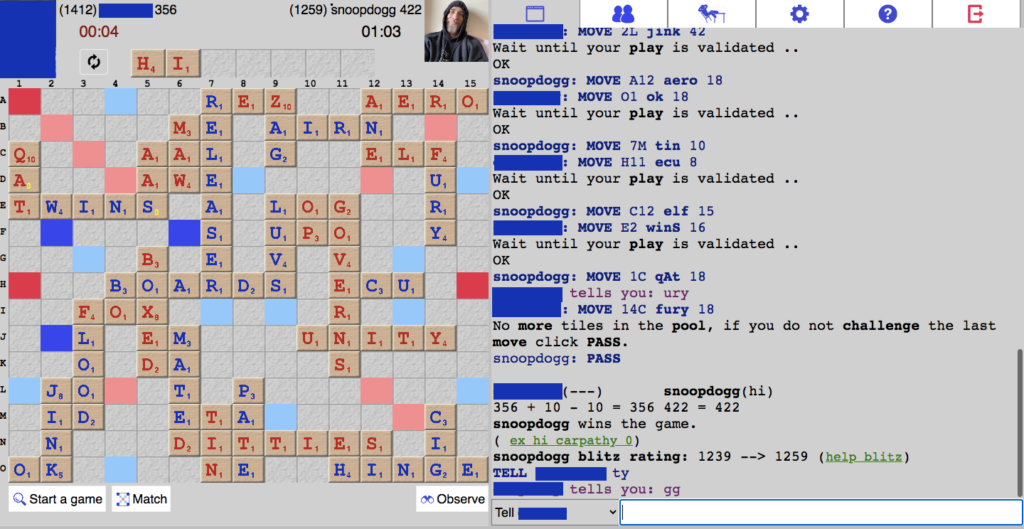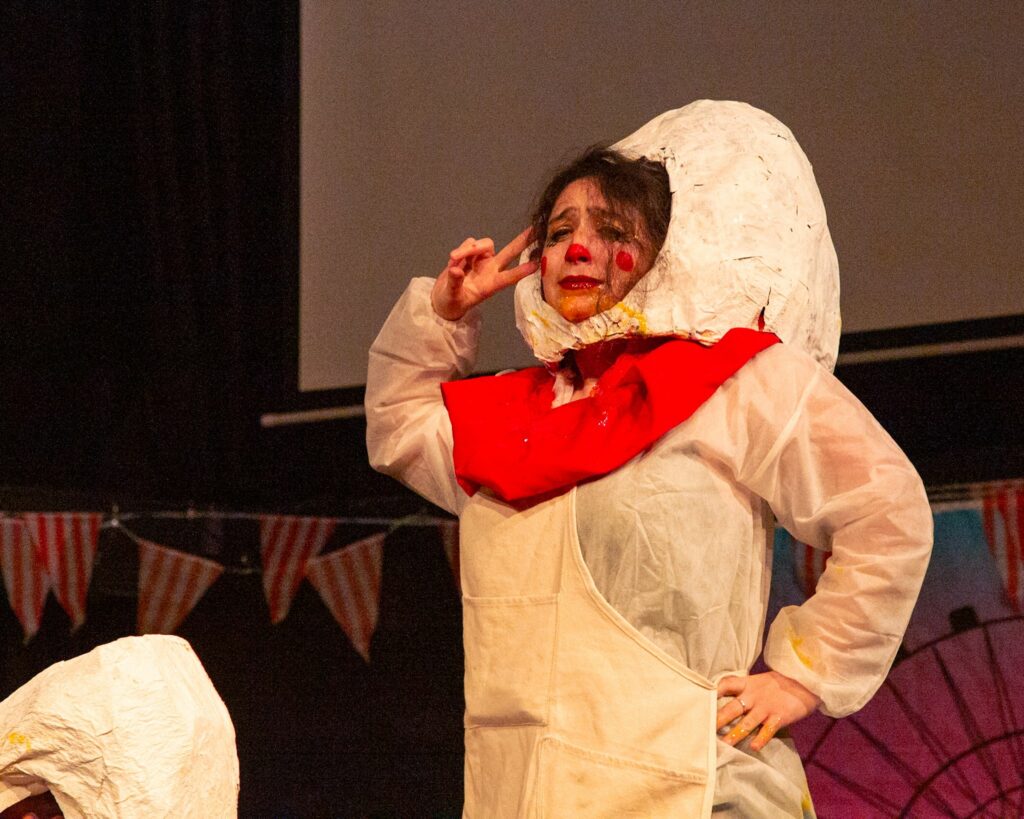In January 2015,Watch Sweet Alibis Online an unconscious 22-year-old Chanel Miller, was sexually assaulted behind a dumpster during a Stanford fraternity party by former swimmer Brock Turner.
Up until now, much of the story has been about Turner. Media attention on the assault focused on Turner's skills in the swimming pool. The Washington Post called him "baby-faced" and noted that his "his extraordinary yet brief swim career is now tarnished, like a rusting trophy."
When he was sentenced to just six months in county jail instead of prison (of which he served three), judge Aaron Persky justified the decision by saying "a prison sentence would have a severe impact on [Turner]."
You May Also Like
What Persky and most media coverage misses though is the experience of the victim — and what she lost.
Know My Name is Miller's heartbreaking and riveting attempt to fix that. In it, she reclaims her story, giving it a new name, face, and voice.
"This is not the ultimate truth," she writes in the introduction. "But it is mine, told to the best of my ability."
And while the memoir itself is deeply personal, her spotlight often expands outward, shining a light on all the ways a society and an unforgiving justice system ignore the needs of sexual assault survivors in favor of humanizing and victimizing perpetrators of the crimes.
Here are five of the most revealing lessons from Know My Name.
1. Assault buries the self
The story opens right before the attack, on Saturday, Jan. 17, 2015. Miller goes to a taqueria with her friends. She drinks champagne. She attends a frat party at Stanford.
Then, the story abruptly shifts hours into the future. Miller wakes up alone, brown blood on her hands, lying in a bed lined with plastic guardrails. Two men are staring at her, one of whom is a deputy police officer. The deputy tells her that "there is reason to believe you have been sexually assaulted."
Her underwear is gone. Her hair's full of pine needles.
What follows is pages of Miller trying to put the pieces together as an advocate hands her packets on PTSD and nurses take pictures of her naked body and examine her.
She doesn't hear the name Brock Turner or learn what he was charged with until days later, when she reads about the incident online. "I saw Stanford athlete, saw raping, saw unconscious woman. I clicked again, my screen filed with two blue eyes and a neat row of teeth, freckles, red tie, black suit. I had never seen this man before. Brock Turner."
This confusion weaves its way through the entire memoir. There are parts of her own story that Miller doesn't even know about. Later, she encounters descriptions of images of her body that she didn't know had been projected to the court for the room to see. "Assault buries the self," she explains at another point in the book. "We lose sight of how and when we are allowed to occupy space."
2. Unease hovers just below the surface
At one point, Miller moves to Philadelphia, where her boyfriend Lucas is in graduate school. There, she auditions and gains a spot in a comedy show on campus.
After practicing for the show one evening, she walks home past midnight with other people in the show. On the walk, she slowly realizes that because she lives farthest away, she would be left to walk home in the dark alone.
Suddenly, a normal, fun night turns to fear. "I began planning; I would stop in the bright cone of a streetlight as soon as the last guy veered off. I would call Lucas to come and get me. But what if he was already sleeping? I would run." Eventually she starts imagining what people would say if she asked for help, questions that ring strikingly similar to the ones the defense asks her about the night of her assault: "What was she doing alone at night? Why didn't she just ask someone to accompany her? Where was she coming from? Comedy? Is she even funny? How many beers did she have?"
Similarly, towards the end of the book, Miller explains: "There is a certain carefree feeling that was stripped from me the night of the assault. How to distinguish spontaneity from recklessness? How to prove nudity is not synonymous with promiscuity? Where's the line between caution and paranoia?"
The book makes clear that Miller's life is full — of people and fun and laughter, but also of the trauma and pain wrought by one man who turned a fun, drunken night — a night like any other — into something abnormal.
3. Dehumanizing and humanizing
Miller uses the book to reclaim her story and humanize herself. She becomes a person with a story, a bike named Tofu, and a dog named Mogu.
This is necessary because of the ways in which the assault, trial, and subsequent media coverage tried to turn her into a faceless, one-dimensional person.
During the trial, for example, the defense asks Miller questions about what she had for dinner and how often she blacks out. "He wanted to ... erase my specific experience, abstract me into stereotypes of partying and blackouts, to ask technical questions that tied my shoelaces together, tripping me as he forced me to run," she writes.
This same system though turns Brock into an innocent young man with his whole life ahead of him.
At the sentencing hearing, Turner's father reads a statement in which he laments that Turner's life is "deeply altered," how he will never be his "happy-go-lucky self," and how he can't enjoy a steak anymore. It's infuriating, made even more so by the fact that the judge of all people seems to agree with Turner's father. Persky rationalizes his comically minor sentence by citing the "adverse collateral consequences on the defendant's life resulting from the felony conviction. And those are severe."
"My pain was never more valuable than his potential."
In drawing the reader's attention to the juxtaposition of these two portrayals, Miller shows how men are allowed to be men, have faults, and make mistakes. Meanwhile, women and victims aren't ever given the same leeway. As she says in the book, "My pain was never more valuable than his potential."
4. Everyone's affected
Often, when we think about sexual assault, we think about two people: the assaulter and the victim. But Miller's story shows just how far the web of hurt can spread, trapping friends and family members in its sticky confines. There's Miller's sister, Tiffany, who was there the night of the assault. A friend of hers provided a statement for the sentencing hearing that attests to the changes Tiffany has gone through. There are Miller's parents. There's her boyfriend. And there are all the people across the country who read Miller's viral victim statement and send her letters of support.
"It was stunning, the effects rippling out wider than I could have ever imagined," Miller writes after reading her friends and relatives' sentencing hearing letters. "I thought of my pain like my personal rain cloud; reading those letters was like watching the whole sky turn an inky black. When all damages were typed up and laid out it was staggering. Everyone had become a victim of this crime."
SEE ALSO: Chanel Miller reflects on Brock Turner and separating herself from 'Emily Doe'5. The value of rage
At one point in the story, Miller and some friends are catcalled by a group of men in a black Mustang. In response, Miller screams. The men call her a crazy bitch but she doesn't care. "I felt powerful, intimidating, insane," she explains.
In her victim impact statement, Miller tells Turner, "You took away my worth, my privacy, my energy, my time, my safety, my intimacy, my confidence, my own voice, until today." It makes sense that her reaction is anger and frustration at a system that doesn't forgive, forces her to revisit the worst moments of her life for very little gain.
"Kicking and screaming is not a sign you have lost your mind," Miller writes later in her memoir. "It's a sign that you have stepped onto your own side. You are learning, finally, how to fight back. Rage had arrived to burn the timidness away."
The word "victim" calls to mind someone meek, someone hurt, someone who can't fend for herself. Miller's story proves survivors have a voice, and that voice is powerful.
If you have experienced sexual abuse, call the free, confidential National Sexual Assault hotline at 1-800-656-HOPE (4673), or access the 24-7 help online by visiting online.rainn.org.
Topics Books Social Good



